Life in the Laboratory (11/06/2025)
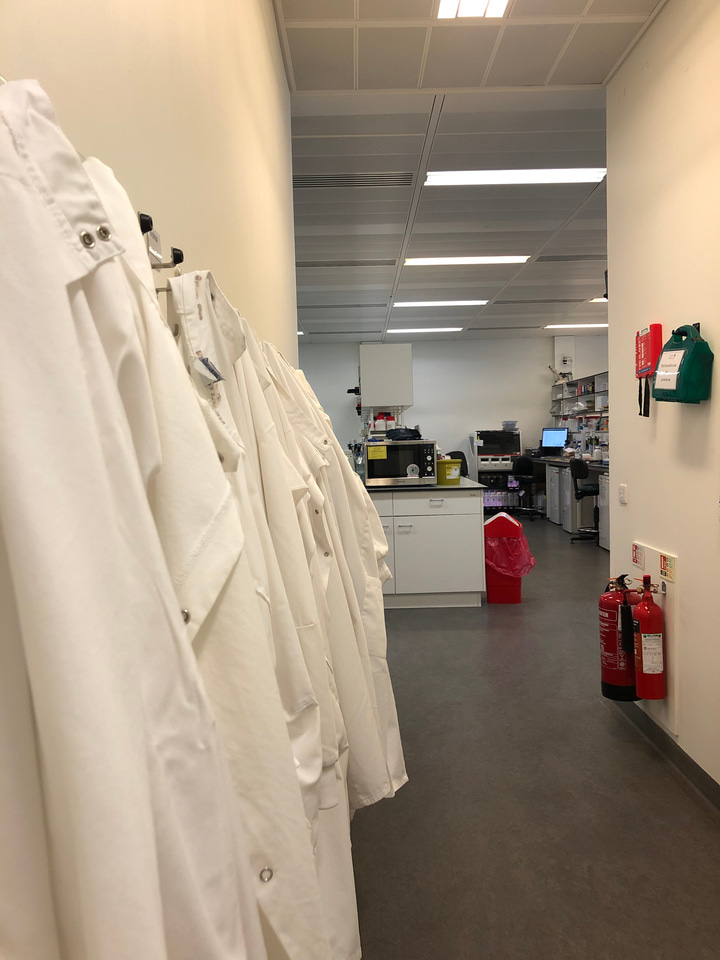
I think for any student who is at the beginning of their scientific career there is something awe-worthy about a laboratory. As you watch other scientists working amid the towering shelves of chemicals, beakers in gloved hands, equipment whirring, and extractor fans buzzing, you begin to wonder whether you'll ever be able to feel as at home in the labs as they seem to. As a first-year medical student, research labs were even more of a mystery to me since the labs we occasionally occupied were used by us as teaching spaces or for a limited number of low-stakes practical experiments, and the next closest thing was the dissection room.
I had always been interested in trying out lab work, but with a demanding degree and the fact that I knew my final priority once I graduated was always going to be clinically and surgically based, I hadn’t ever truly thought I’d get the chance. That was one of the reasons I jumped at the idea of doing a lab-based project when I heard of the opportunities the Laidlaw scholarship might offer me. With the help of my legendary supervisor and his outstanding team (both of whom I can already see I will owe a lot to by the end of this project), I am looking into the protein LRRC15 and its role in controlling the immunological status of the tumour microenvironment of ovarian cancer samples. This protein is found in a very limited number of specific locations within healthy tissue, but when found within tumours can be a marker for unfavourable patient prognosis. It has been such a joy to see the interests I have in and around this subject come to life both in the lab and in my reading of the existing literature; the experience so far has confirmed, to my relief, that delving into the known and unknown scientific world is something I genuinely love.
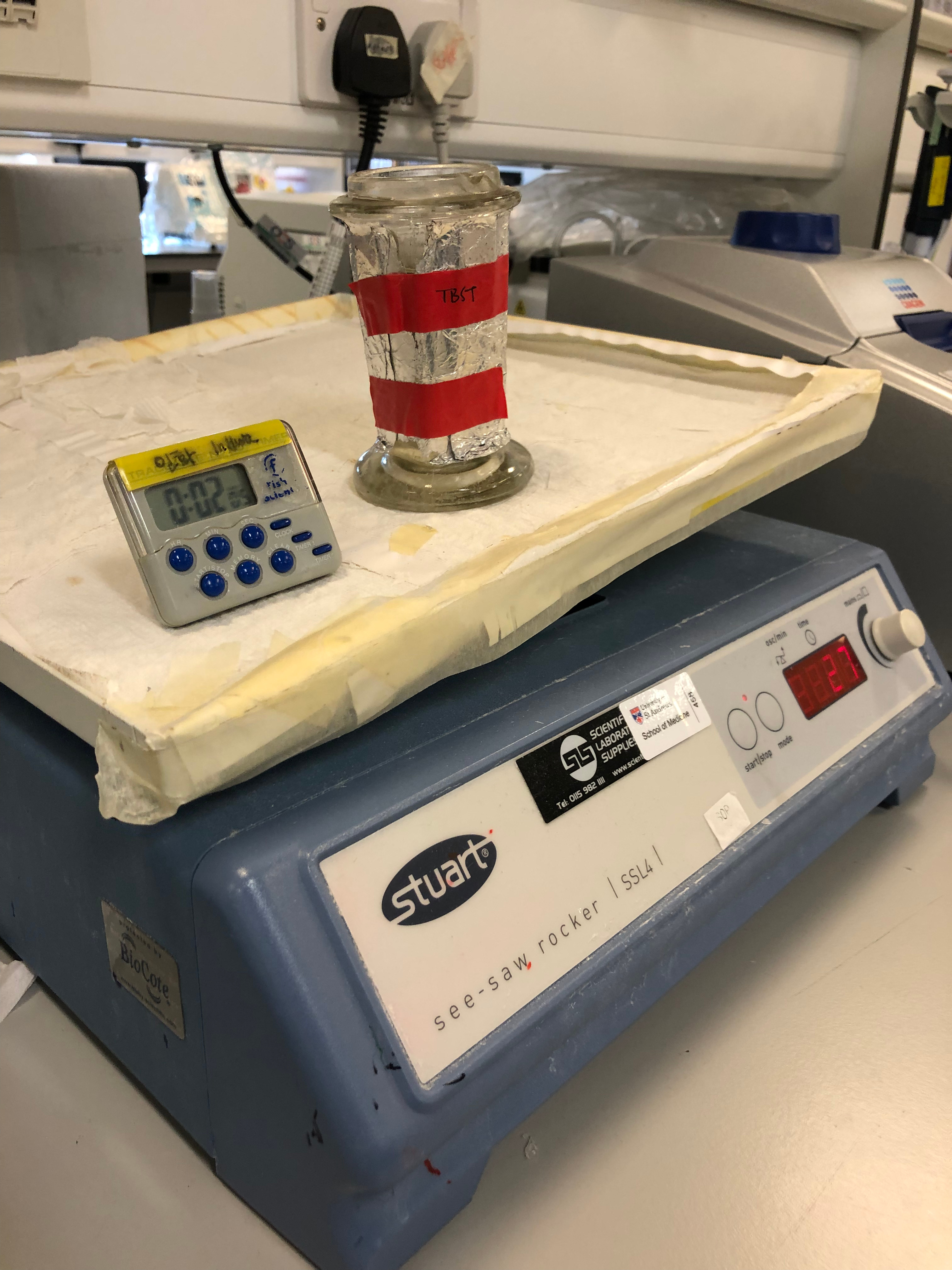
[Figure 1: A Digital Lab Rocker which I've been using to help more effectively wash my slides in buffer after incubation with antibody during an Immunohistochemistry procedure.]
While I work closely with the team day to day, I have my own research question and therefore I also have a fair amount of control over the specific direction of my lab research. I’m not sure why this freedom surprised me so much; I am working to disprove my own null hypothesis, I will have to produce the research write-up and poster and I decided to invest myself in the project and yet it has taken me a bit of time to start shaking off the shackles of the school and even early university lab work mindset, where every action you take is meticulously prescribed and predetermined.
I think there is a current tendency among medical applicants, among medical students and, I can therefore only assume, among many junior doctors to look for the prescribed and predetermined correct answer to a problem. It’s a habit I frequently found myself falling into in the agonising months leading up to medical applications and in the few weeks of revision before our various first year medical exams. The desperate desire to succeed, to be permitted passage into what seems to be your life-long calling, is quite over-powering to put it lightly, so it is all you can do to beg anyone who will listen to tell you exactly how you should do it. In one my very first lectures at medical school a lecturer told us: “Do not study to pass the exams. Study for the day when you are the only thing between the patient and the grave”[1]; it was a simple but poignant reminder which marked the start of our long journeys towards gaining the freedom which all doctors must prove capable of handling responsibly.
Along with my desire to improve as a leader, experience proper research and explore a new corner of the world, I applied to the Laidlaw programme because it seemed an extremely generous opportunity. I am only now beginning to understand the full extent of that truth. I hope and believe that the skills I have described – curiosity, analysis and self-confidence, among others – are ones which I will be able to nurture and develop during my time in the programme and beyond. I look forward to seeing what happens next!
[1] Cezayirli, E., Bellis, R. (2024) ‘ANATOMY @ ST ANDREWS’ [Lecture], MD2001: Foundations of Medicine 1, University of St Andrews, 16.09.2024
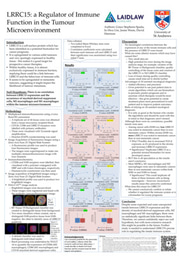
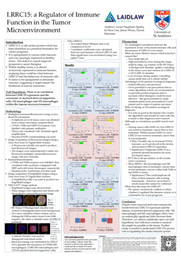
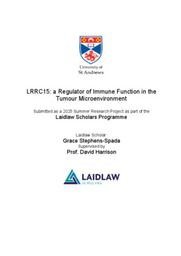

Please sign in
If you are a registered user on Laidlaw Scholars Network, please sign in
Sounds like you're finding your place in the lab already, and its an exciting opportunity that you get to have a degree of research freedom. I hope you carry on settling in well and enjoying it this much!
Thank you! I have certainly enjoyed settling in so far!
It is so interesting to see your research from your perspective! I can't wait to see what findings and discoveries you'll make.